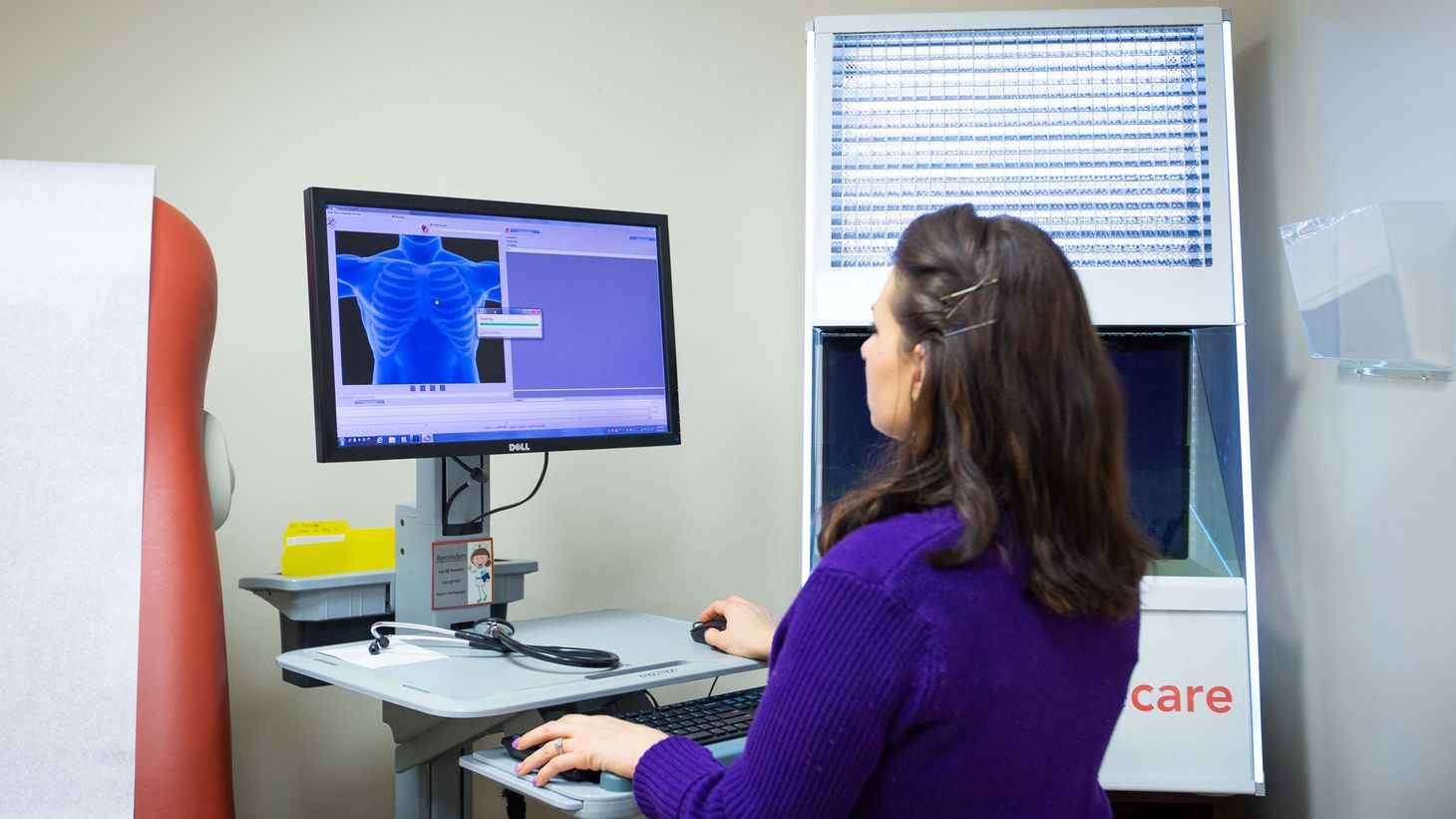
In the Research Realm with Emily Rice
2023 MCR grad Emily Rice, MCR, RD, LD, tells us how she became fascinated with peripheral nerve research
by Susan Neale
What brought you to Ohio State?
I grew up in San Antonio, Texas, and ended up choosing Ohio State because my grandparents, mom, sister, cousins – everybody went here! I got my bachelor’s in medical dietetics, became a dietitian and worked in GI surgery for a couple of years. I really liked what I was doing, but I wanted more in the research realm. That’s when I found the Master of Clinical Research (MCR) program at the College of Nursing.
I did the MCR program part time for two years while working full time. In the middle of the program, I decided to switch into a research role and found the Department of Plastic and Reconstructive Surgery at The Ohio State University Wexner Medical Center Eye and Ear Institute. My manager actually did the MCR program too! She sold me on the department, everything they have to offer – it’s like a family here. That was probably one of the best moves I’ve made.
“You can learn a lot while working in the field, but you won’t learn it to the extent that the MCR program will teach you.”
– Emily Rice, MCR, RD, LD
What was the MCR program like?
The MCR program was really well organized, from preclinical research (animal testing and all of its regulations) to human clinical research. I wasn’t very familiar with anything preclinical – or what they call “basic science” – so it helped me learn more in that realm as well as both domestic and international law regarding research. I learned both how to interact with patients from an ethics and safety perspective as well as how to make sure that research is well regulated and compliant with laws and regulations.

I would totally recommend the program to anybody who’s interested in research and wants to go into the field. You can learn a lot while working in the field, but you won’t learn it to the extent that the MCR program will teach you. You learn the Code of Federal Regulations and how that applies to any sort of research study, whether that’s federally funded, industry or investigator-initiated trials. There were also courses on data management as well as statistics. Now, I have a new appreciation for biostatisticians and their involvement from study design to data analysis.
What’s next for you?
I’m definitely in the department I want to be in – Plastics and Reconstructive Surgery. I’m doing peripheral nerve research – both in Plastic and Reconstructive Surgery, as well as in the Orthopedic Hand department. We study electrical stimulation intra-operatively to enhance axonal regeneration post-operatively. We also work with drugs being developed to enhance nerve recovery after a traumatic injury. I get hands-on research experience with both drugs and devices, which is rare. The next step would be sitting for the certified clinical research professional board exam. I would love to be a principal investigator on a study someday, but that would probably require a PhD, so – we’ll see!
In this Issue
- Meet Dean Karen Rose
- Buckeye Nursing Story Slam
- Beth Steinberg and Buckeye Paws
- Buck-I-SERV Goes to Ghana
- A Buckeye Nursing Family
- Grants Roundup
- When Microaggressions Affect LGBTQ Health
- In the Research Realm with Emily Rice
- EBP National Summit
- Shaunta Stanford and the Community Health Workers
- Joy and Milestones
- Alumni in Action: Chris Connors

